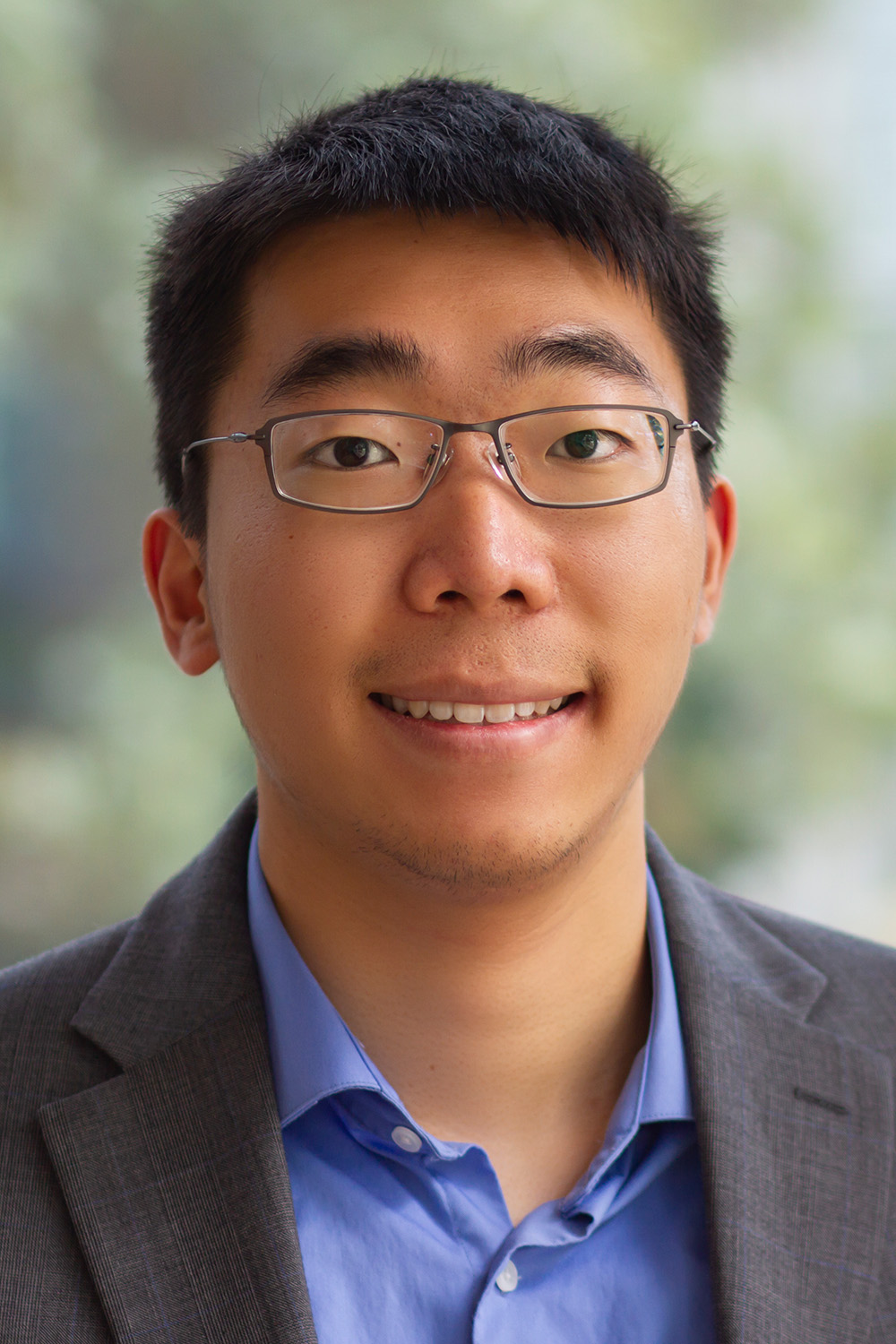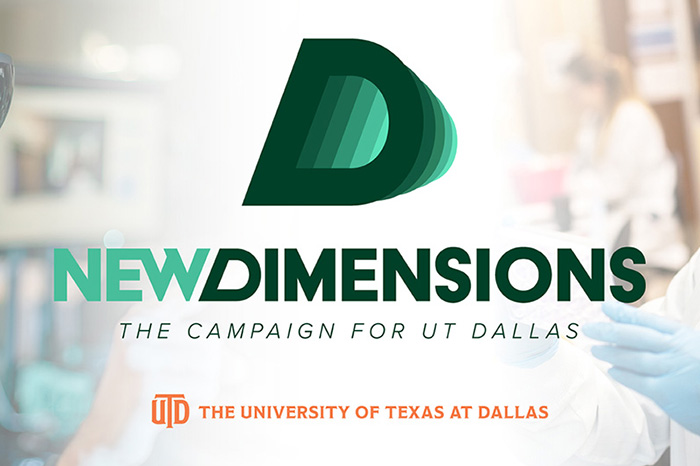Engineering Grad Earns Prestigious Gates Cambridge Scholarship
By: Jessica Good | Aug. 19, 2022

For the second time, a University of Texas at Dallas alumnus has been selected to be a Gates Cambridge Scholar.
Tiancheng Hu BS’20 will attend the University of Cambridge this fall to work toward a PhD in computation, cognition and language with the help of the scholarship, which is given to outstanding applicants outside the United Kingdom to pursue postgraduate degrees at Cambridge.
Hu graduated from UT Dallas with a degree in electrical engineering, and this year he earned a master’s in information technology and electrical engineering from the Swiss Federal Institute of Technology in Zurich.
Bhaskaran Nair BS’13, a Eugene McDermott Scholar, was UTD’s first Gates Cambridge Scholar in 2014.
Established in 2000 through a $210 million donation from the Bill and Melinda Gates Foundation, the highly competitive Gates Cambridge Scholars program awarded scholarships to 79 recipients this year from 30 countries out of a pool of more than 5,000 applicants.
Sheila Kelly, director of the Terry Scholars Program in the Hobson Wildenthal Honors College and Hu’s advisor at UTD, said his compassion and determination make him exceptional.
“Tiancheng has initiative, follow-through and a desire to better the lives of others,” she said.
Hu credits the undergraduate research opportunities at UT Dallas for his success. He worked with Dr. Carlos Busso, professor of electrical engineering in the Erik Jonsson School of Engineering and Computer Science, to develop driver head pose estimation algorithms, a technology that has the potential to reduce vehicle accidents and save lives.
“I realized how powerful machine learning can be to extract insight from large amounts of data and improve our society,” Hu said.
“I am someone who very much cherishes the opportunity to live in different places, to learn about different cultures and to be with different people.”
Tiancheng Hu BS’20
The chance to live and learn in a new place inspired Hu to apply for the Gates Cambridge scholarship, he said.
“I am someone who very much cherishes the opportunity to live in different places, to learn about different cultures and to be with different people,” said Hu, who moved from his native China to pursue undergraduate studies at UTD.
Although he majored in electrical engineering, Hu has a broad set of interests and even considered studying international political economy instead. At UT Dallas, he was involved in Student Government, where he served as a senator for two years and led the graduate and international student affairs committee.
As a senator, Hu worked to increase stipends for PhD students and to increase participation and eliminate barriers for students to study abroad, especially for those students in science, technology, engineering and math fields. Hu was voted Freshman Senator of the Year in 2019 and Senator of the Year in 2020.

To learn how UT Dallas is attracting the best and brightest students, explore New Dimensions: The Campaign for UT Dallas.
Hu was also involved in UT Dallas’ Model United Nations and was sponsored by the Honors College to attend conferences all over the United States. Hu earned a “Distinguished Delegate” title at one Model UN conference in 2018.
“I am extremely grateful that they put faith in me — a nonnative speaker from a different country who didn’t have any prior experience — and guided me every step of the way,” he said.
Kelly said: “Tiancheng is highly effective in working with others with very different interests to find common ground. Instead of going into politics, he decided he could help solve global issues better with his engineering abilities.”
Hu’s PhD studies will focus on natural language processing, which involves teaching machines to understand human language. He said his interest in developing such technology for the benefit of society was spurred by his belief that international organizations have an important role to play in improving dialogue between nations.
“I will be at the intersection of computational social science and natural language processing,” he said. “Broadly speaking, I will develop and apply methods that are quantitative in nature, analyzing large amounts of textual data of social value, in order to model and analyze social phenomena and gain new understanding of the society we live in.”
Media Contact: Jessica Good, UT Dallas, 972-883-4319, jessica.good@utdallas.edu, or the Office of Media Relations, UT Dallas, (972) 883-2155, newscenter@utdallas.edu.





